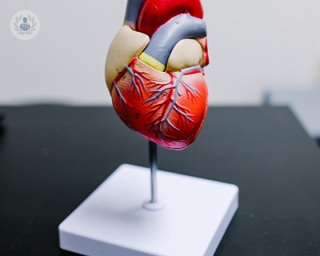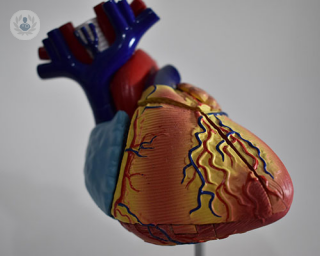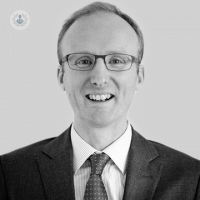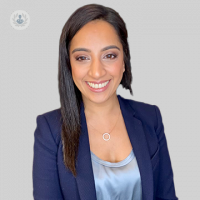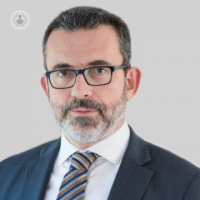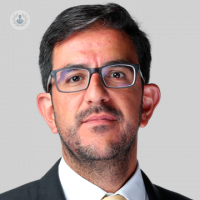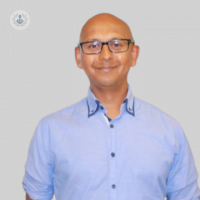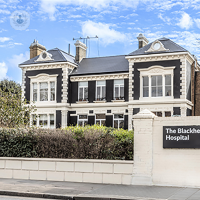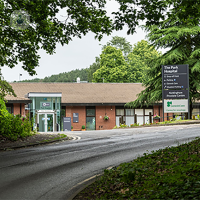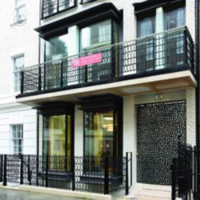кардиомиопатия
What is cardiomyopathy?
Cardiomyopathy is disease of the heart muscle. It is something of an umbrella term for a number of conditions that affect this tissue. Cardiomyopathies may cause the walls of the heart chambers to become stiff, thickened, or stretched, which can put strain on the heart as it must work harder to pump blood around the body.
Types of cardiomyopathy
Types of cardiomyopathy include:
- Dilated cardiomyopathy (DCM)
- Hypertrophic cardiomyopathy (HCM)
- Arrhythmogenic right ventricular cardiomyopathy (ARVC)
- Restrictive cardiomyopathy (RCM)
- Left ventricular noncompaction (LVNC)
- Peripartum cardiomyopathy (PPCM)
- Takotsubo cardiomyopathy (broken heart syndrome)
Prognosis of cardiomyopathy
Most forms of cardiomyopathy have no cure. Cases of mild cardiomyopathy can usually be managed with lifestyle changes and monitoring the condition. More severe cases can lead to life-threatening complications without treatment to control the symptoms.
Takotsubo cardiomyopathy, on the other hand, is temporary and reversible if caught and treated in time. This can come on suddenly like a heart attack and must be dealt with immediately by the emergency services. It is unlikely to happen again to the same individual.
Symptoms of cardiomyopathy
Different cardiomyopathies affect the heart in different ways. Dilated cardiomyopathy can cause heart valve problems, an irregular heartbeat, blood clots, or heart failure, with associated symptoms of fatigue, shortness of breath, and swelling around the ankles. Hypertrophic cardiomyopathy, on the other hand, can lead to atrial fibrillation and mitral regurgitation, which can cause symptoms of dizziness, chest pain, shortness of breath and temporary loss of consciousness. Broken heart syndrome can feel a lot like a heart attack, with symptoms of chest pain and difficulty breathing.
Medical tests to diagnose cardiomyopathy
Tests such as echocardiograms and electrocardiograms (ECG) can help to diagnose cardiomyopathy. Inherited forms may also be diagnosed by genetic testing.
What are the causes of cardiomyopathy?
Dilated cardiomyopathy (DCM), hypertrophic cardiomyopathy (HCM), and arrhythmogenic right ventricular cardiomyopathy (ARVC) are most commonly inherited, often running in families. Restrictive cardiomyopathy can sometimes be inherited, but in many cases the cause is unknown.
Takotsubo cardiomyopathy is brought on by physical and/or emotional stress, with a sudden surge of adrenaline or hormones temporarily weakening the heart muscle.
Treatments for cardiomyopathy (include types – ASK DOCTORS)
Treatment for cardiomyopathy generally involves managing the symptoms and preventing complications. Lifestyle measures may include:
- Healthy diet
- Quit/avoid smoking
- Maintain a healthy weight
- Avoid/reduce alcohol intake
- Reduce stress
- Get enough sleep
The following medications may be recommended by the doctor:
- Blood pressure medication
- Beta-blockers for an irregular heartbeat or heart failure
- Diuretics – if the cardiomyopathy has caused swelling, these help remove fluid from the body.
- Anticoagulants, e.g. warfarin – these help prevent blood clots.
- Medication for heart failure
Some patients may require hospital procedures, including heart surgery or the fitting of a pacemaker. In particularly severe cases, a last resort could be a heart transplant.
Which type of specialist treats cardiomyopathy?
Cardiologists treat the various types of cardiomyopathy.
